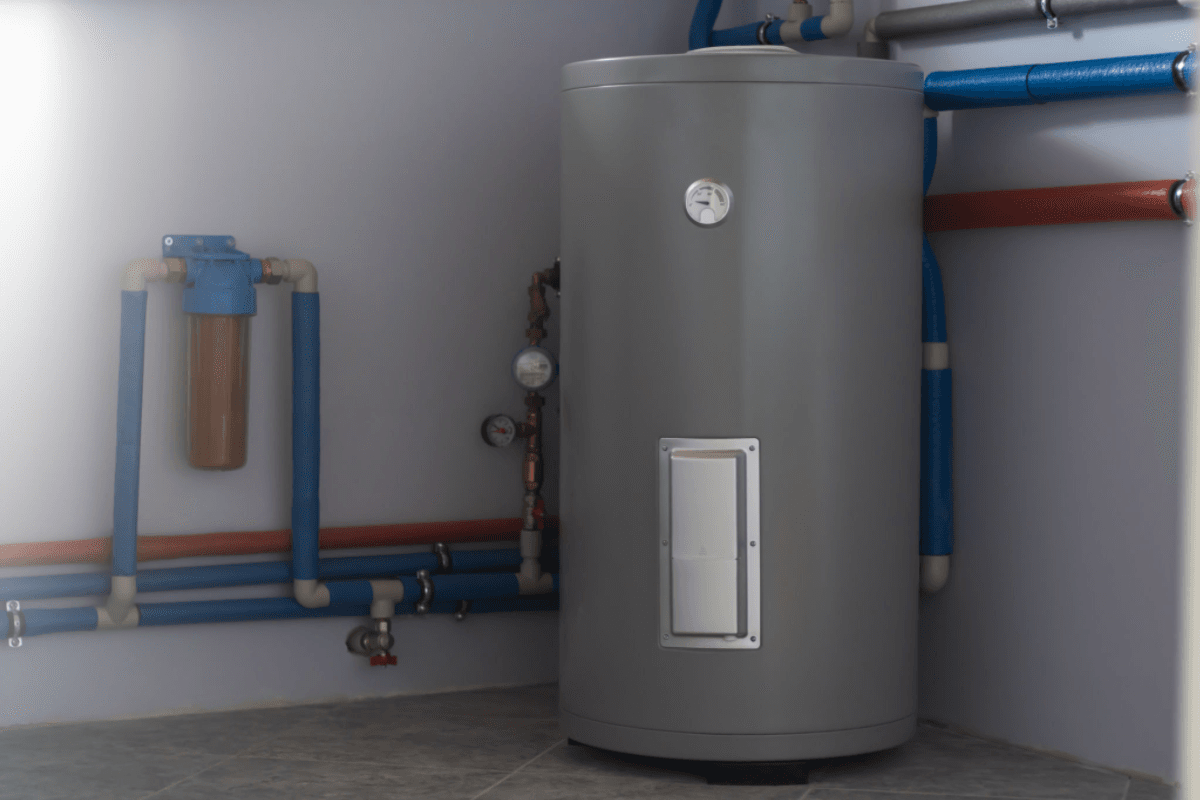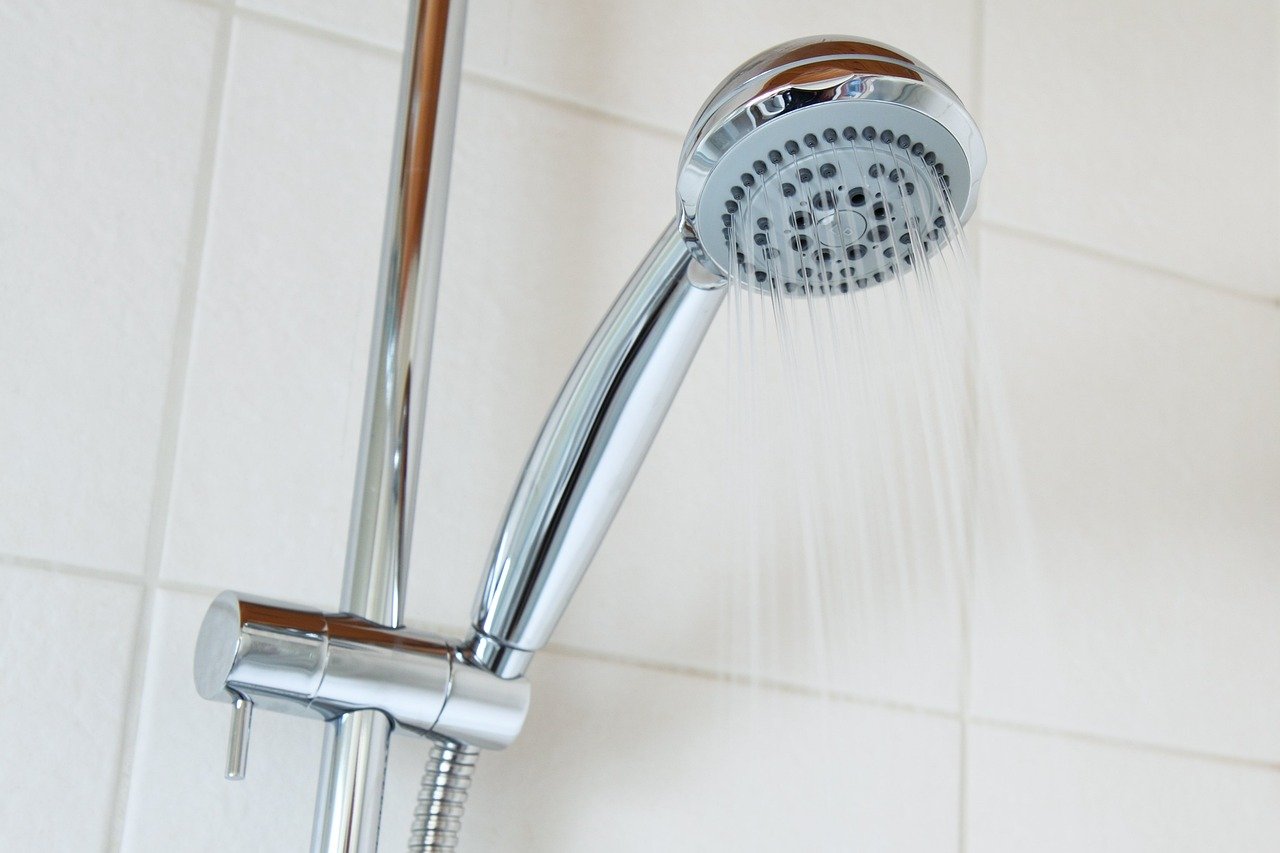Welcome to Service by Scott’s comprehensive guide on the common causes of water heater failure and how to avoid them. Your water heater is an essential appliance in your home, providing hot water for various daily activities, from bathing to cooking and cleaning. However, like any mechanical system, water heaters are prone to wear and tear over time, which can lead to malfunctions and breakdowns if not properly maintained.
At Service by Scott, we understand the importance of a reliable and efficient water heater for your daily comfort and convenience. With over 30 years of experience serving Tyler County and its neighbors, our family-owned and operated business has earned a reputation for excellence in plumbing and maintenance services.
In this article, we’ll explore the top reasons why water heaters fail and provide expert insights on how to prevent these issues from occurring. From age and wear to sediment buildup and high water pressure, we’ll cover everything you need to know to keep your water heater running smoothly for years to come.
Join us as we delve into the world of water heater maintenance and learn valuable tips to ensure your appliance stays in optimal condition. Let’s dive in and discover how you can avoid costly repairs and enjoy uninterrupted hot water whenever you need it.

Age and Wear
Your water heater is a workhorse, tirelessly providing hot water day in and day out. But with time, age catches up, and wear and tear begins to show. Even with regular maintenance, the internal components of your water heater can degrade over the years, leading to potential issues and eventual failure.
One of the primary factors contributing to water heater failure is corrosion. Over time, the metal tank of your water heater can rust and corrode, especially if it’s exposed to hard water or high levels of minerals. This corrosion weakens the structural integrity of the tank, increasing the risk of leaks and ruptures. Additionally, the heating elements and other internal components can deteriorate over time, affecting the efficiency and performance of your water heater.
Regular maintenance can help prolong the lifespan of your water heater, but it’s essential to be mindful of its age. Most traditional water heaters have a lifespan of around 10-15 years, depending on factors such as usage and water quality. As your water heater approaches the end of its lifespan, it’s wise to start planning for a replacement to avoid unexpected breakdowns and costly repairs.
If you notice signs of aging or wear on your water heater, such as rust-colored water, strange noises, or leaks, don’t ignore them. These could be early warning signs of impending failure. Instead, contact a professional plumber like Service by Scott to assess the situation and recommend the best course of action. By staying proactive and addressing age-related issues promptly, you can extend the life of your water heater and enjoy reliable hot water for years to come.
Sediment Buildup
Sediment buildup is a common issue that plagues many water heaters, especially those connected to hard water sources. Over time, minerals and debris from the water supply settle at the bottom of the tank, forming a layer of sediment. This buildup not only reduces the efficiency of your water heater but can also cause significant damage if left unchecked.
One of the most noticeable effects of sediment buildup is a decrease in water heater efficiency. As sediment accumulates at the bottom of the tank, it insulates the heating elements from the water, making it harder for them to heat efficiently. This can result in longer heating times, higher energy bills, and reduced hot water availability. Additionally, sediment buildup can lead to overheating of the tank, causing premature wear and potentially shortening the lifespan of your water heater.
Regular flushing of your water heater tank is essential to remove sediment buildup and maintain optimal performance. Flushing involves draining the tank to remove accumulated sediment and debris. While some homeowners may attempt to flush their water heater themselves, it’s often best left to the professionals to ensure it’s done correctly and safely. Service by Scott offers expert flushing services to help keep your water heater running smoothly and efficiently.
Ignoring sediment buildup can lead to more severe problems down the line, including leaks, corrosion, and even tank failure. By addressing sediment buildup proactively, you can prolong the life of your water heater and ensure reliable hot water for your home.

High Water Pressure
High water pressure may seem like a minor inconvenience, but it can wreak havoc on your water heater if left unchecked. Water heaters are designed to withstand a certain level of water pressure, typically between 40 to 80 psi (pounds per square inch). However, excessive pressure can put undue stress on the tank and its components, leading to leaks, bursts, and other damage.
One of the most common signs of high water pressure is a banging or knocking sound coming from your water heater. This noise, known as water hammer, occurs when the pressure inside the tank becomes too high, causing the tank to expand and contract rapidly. In addition to noise, high water pressure can also cause issues such as leaking relief valves, dripping faucets, and even pipe bursts throughout your home.
Installing a pressure regulator is the most effective way to control high water pressure and protect your water heater. A pressure regulator reduces the incoming water pressure to a safe and manageable level, ensuring that your water heater and plumbing system remain in good condition. Service by Scott offers professional installation of pressure regulators, along with comprehensive inspections to identify and address any existing pressure-related issues in your home.
Improper Installation
The importance of proper installation cannot be overstated when it comes to water heaters. Unfortunately, improper installation is a common issue that can lead to a host of problems down the line. From faulty connections to incorrect sizing, even the smallest mistake during installation can compromise the performance and safety of your water heater.
One of the most significant risks associated with improper installation is leaks. Poorly fitted connections or loose joints can result in water leaks, leading to water damage and potential mold growth in your home. Additionally, an incorrectly sized water heater may struggle to meet your household’s hot water demands, resulting in inadequate heating and discomfort.
Hiring a licensed professional like Service by Scott is crucial to ensure that your water heater is installed correctly and safely. Our experienced technicians have the knowledge and expertise to assess your home’s plumbing system, determine the appropriate size and type of water heater, and install it according to industry standards. With Service by Scott, you can have peace of mind knowing that your water heater is in good hands from installation to maintenance.
Investing in professional installation may seem like an added expense, but it can save you time, money, and headaches in the long run. Don’t risk the integrity of your water heater with DIY installation or inexperienced contractors. Contact Service by Scott today for reliable and expert installation services that prioritize your safety and satisfaction.

Neglected Maintenance
Neglecting routine maintenance is perhaps one of the most common yet avoidable reasons for water heater failure. Many homeowners overlook the importance of regular upkeep, assuming that their water heater will continue to function properly without any intervention. However, neglecting maintenance can lead to a myriad of issues, including reduced efficiency, increased energy consumption, and even complete system failure.
One of the primary consequences of neglected maintenance is sediment buildup. As mentioned earlier, sediment accumulates at the bottom of the water heater tank over time, insulating the heating elements and hindering their performance. Without regular flushing and cleaning, this sediment can cause overheating, corrosion, and premature wear on internal components, ultimately leading to costly repairs or replacement.
Routine maintenance also includes inspecting and testing various components of your water heater, such as the pressure relief valve, temperature settings, and sacrificial anode rod. These inspections help identify potential issues early on, allowing for timely repairs and preventing more significant problems down the line. Additionally, annual servicing by a professional plumber like Service by Scott ensures that your water heater remains in optimal condition and operates efficiently throughout its lifespan.
Don’t wait until your water heater breaks down to address maintenance issues. By scheduling regular inspections and servicing, you can prolong the life of your water heater, improve its efficiency, and avoid unexpected breakdowns.
Conclusion
In conclusion, understanding the common causes of water heater failure is key to maintaining a reliable and efficient hot water system in your home. From age and wear to sediment buildup, high water pressure, improper installation, and neglected maintenance, various factors can contribute to water heater issues if left unchecked.
Regular maintenance, including flushing the tank, monitoring water pressure, and scheduling professional inspections, is essential to prevent these problems and ensure the longevity of your water heater. By staying proactive and addressing issues early on, you can avoid costly repairs, improve energy efficiency, and enjoy uninterrupted hot water for your household needs.
At Service by Scott, we’re committed to helping you keep your water heater in top condition. With over 30 years of experience serving Tyler County and its neighbors, our team of licensed professionals is here to provide expert plumbing services, including installation, maintenance, and repairs. Don’t wait until it’s too late—contact Service by Scott today to schedule a maintenance appointment and experience peace of mind knowing that your water heater is in good hands.
FAQs
Why is my water heater making strange noises?
Strange noises from your water heater, such as banging or popping sounds, could indicate sediment buildup in the tank. This buildup causes the heating elements to overheat and can lead to inefficient operation. Flushing the tank regularly can help remove sediment and reduce noise levels.
How often should I flush my water heater?
It’s recommended to flush your water heater at least once a year to remove sediment buildup and maintain optimal performance. However, if you live in an area with hard water or notice signs of sediment accumulation, such as discolored water or strange noises, more frequent flushing may be necessary.
Can I repair my water heater myself?
While some minor repairs, such as replacing a faulty pressure relief valve or tightening loose connections, can be done by homeowners with basic plumbing skills, it’s generally best to leave complex repairs to the professionals. Attempting DIY repairs without proper knowledge and tools can lead to further damage and safety hazards.
What is the average lifespan of a water heater?
The average lifespan of a traditional water heater is around 10-15 years, depending on factors such as usage, water quality, and maintenance. Tankless water heaters typically have a longer lifespan of 20 years or more. It’s essential to monitor the condition of your water heater and consider replacement when it nears the end of its lifespan to avoid unexpected failures.
Do tankless water heaters have the same issues as traditional ones?
While tankless water heaters offer many benefits, such as energy efficiency and unlimited hot water supply, they can still experience issues like sediment buildup, mineral deposits, and component failures. However, proper maintenance and regular servicing can help mitigate these issues and prolong the lifespan of your tankless water heater.

